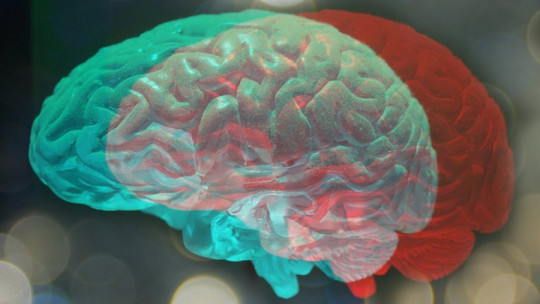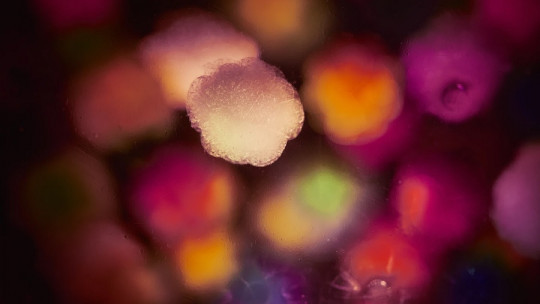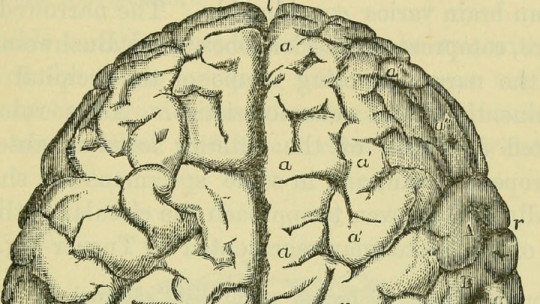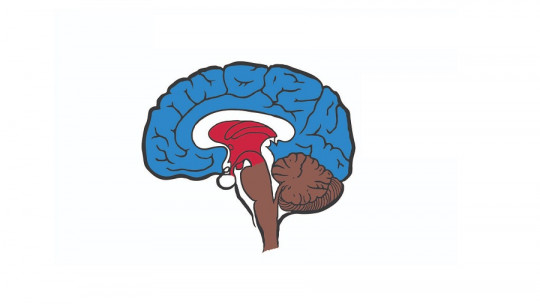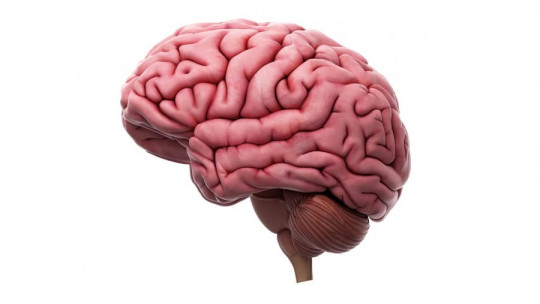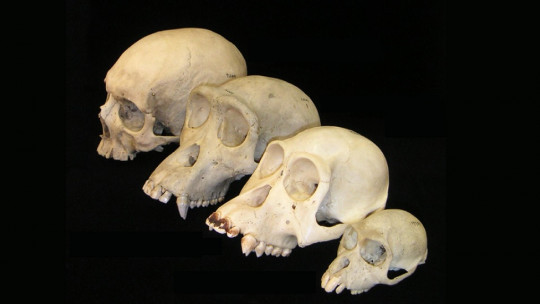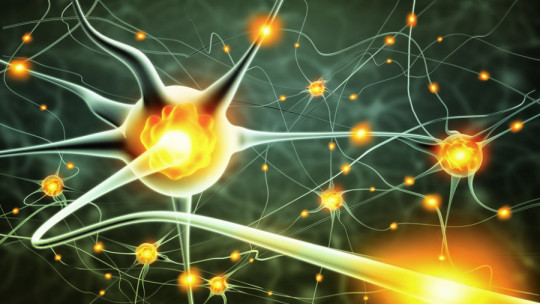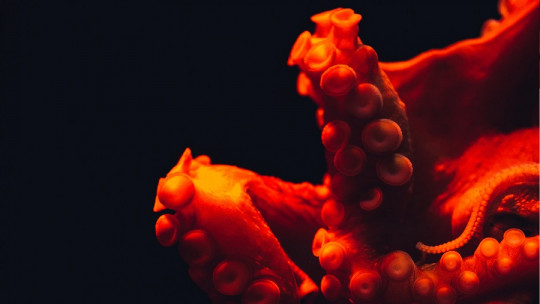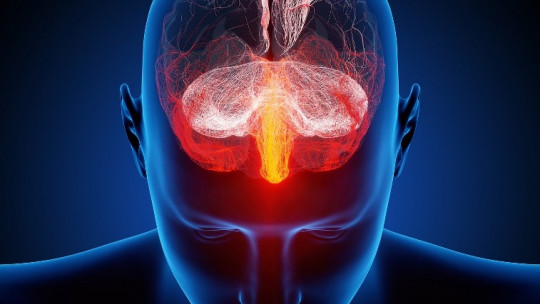
The human brain is exceptionally unique has very complex characteristics in relation to the rest of the animal species, including our phylogenetic cousins, the primates.
The capabilities of human beings are extremely specific to our species: we can think in very complex terms, be creative and create technological artifacts that make our lives easier, and we are also the only species with the ability to study other animals and their behavior.
Why are we so special? The human brain…
For years, scientific literature postulated that cognitive ability was proportional to brain size. This is not entirely correct, since two mammals with brains of similar sizes, such as a cow and a chimpanzee, should have behaviors of equal complexity, which does not happen. And what’s even worse: Our brain is not the biggest there is. In any case, our brain, despite not being the largest, is the best in terms of its cognitive capacity
Apparently, the special quality of our great cognitive ability comes not from the size of the brain in terms of its mass, but in terms of the number of neurons it contains And this is where we find a study carried out by Suzana Herculano-Houzel, a Brazilian neuroscientist, who was tasked with determining the number of neurons that the human brain has.
Before their research, the vast majority of neuroscientists proposed that the human brain had 100 billion neurons. The truth is that this figure was never determined in any study and was a standard for years in scientific literature.
Thus, Suzana Herculano-Houzel, through a method designed by her, manages to determine the final figure for the number of neurons in the human brain: 86 billion neurons in total, of which 16 billion are in the cerebral cortex (cortex involved in complex cognitive processes). And by applying the same method to the brains of different mammals and comparing them, he discovered that the human brain, despite not being the largest in terms of mass, is quantitatively the largest in the number of neurons it has, even with primates. , with whom we share many of our genetic loads (97%). And this would be the specific reason for our cognitive abilities.
Why did human beings evolve to this surprising complexity?
From this, other questions arise: How did we come to evolve this surprising number of neurons? And particularly, if primates are bigger than us, why don’t they have a bigger brain with more neurons?
To understand the response to these situations, one must compare the body size and brain size of primates. Thus, he discovered that, because neurons are so expensive, the size of the body and the number of neurons compensate for each other. So a primate that eats 8 hours a day can have a maximum of 53 billion neurons, but its body could not be larger than 25 kg, so to weigh much more than that, it must compromise in terms of number of neurons.
By determining the number of neurons that the human brain has, it is understood that it requires an enormous amount of energy to maintain it. The human brain consumes 25% of energy even though it only represents 2% of body mass In order to maintain a brain with such a large number of neurons, weighing 70 kg on average, we would have to dedicate ourselves more than 9 hours a day, which becomes impossible.
Human beings cook food
So if the human brain consumes so much energy and we can’t spend every waking hour focusing on our diet, then the only alternative is to somehow get more energy from the same foods. Thus, this coincides with the incorporation of cooking food by our ancestors one and a half million years ago
Cooking is using fire to predigest food outside the body. Cooked foods are softer, so they are easier to chew and transform into porridge in the mouth, which means that they can be digested better in the stomach and allow greater amounts of energy to be absorbed in much less time. Thus, we obtain a large amount of energy for the functioning of all our neurons in much less time which allows us to dedicate ourselves to other things beyond feeding ourselves and thus stimulating our cognitive capacity achieved with a brain of such magnitude.
So what is the advantage we possess as human beings? What do we have that no other animal has?
The answer is that we have the brain with the largest number of neurons in the cerebral cortex, which explains our complex and extraordinary cognitive abilities to all of nature.
What do we do and what no animal does, to allow us to reach such a large number of neurons in the cerebral cortex?
In two words: we cook. No other animal cooks its food to digest it, only humans do it. And this is what allows us to become human as we are.
From this conception, we must realize the importance of food, how food influences the maintenance of our cognitive skills and the scope we have in achieving behaviors of enormous complexity.
So now you know: the next time your mother cooks you something you don’t like or you hear that someone is going to study gastronomy, congratulate them, since with their contributions they continue to ensure that our cognitive skills remain just as complex.

